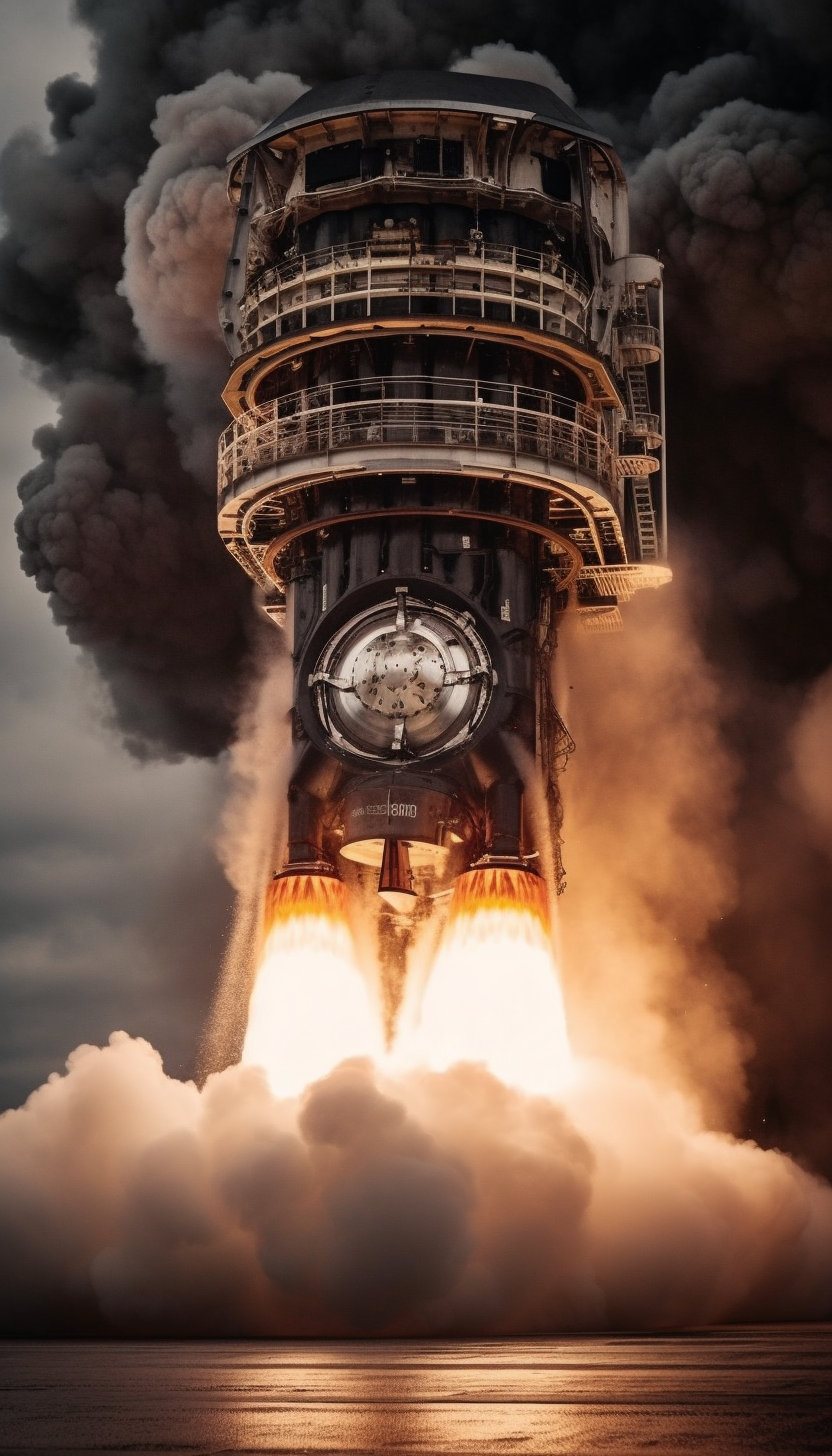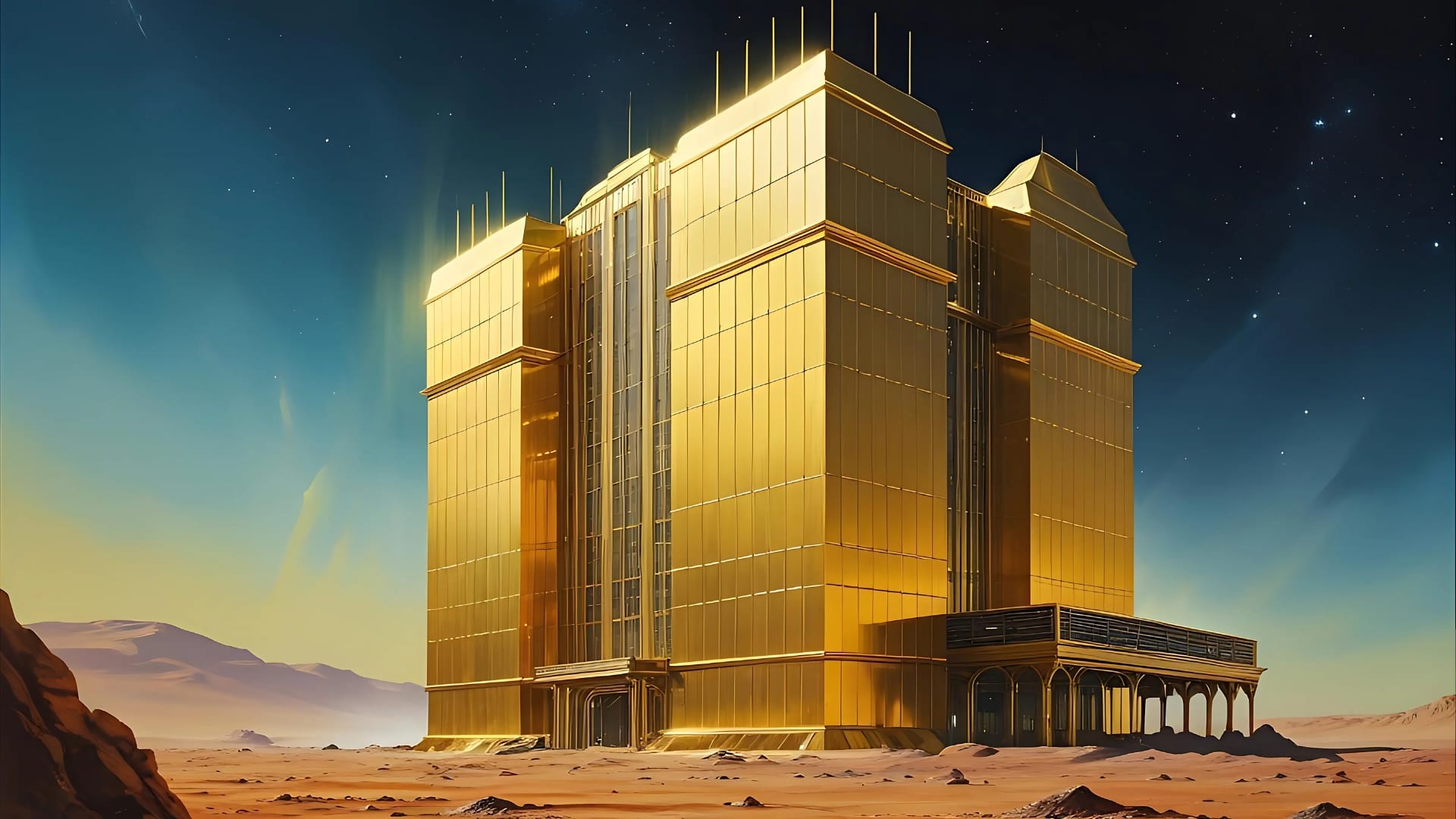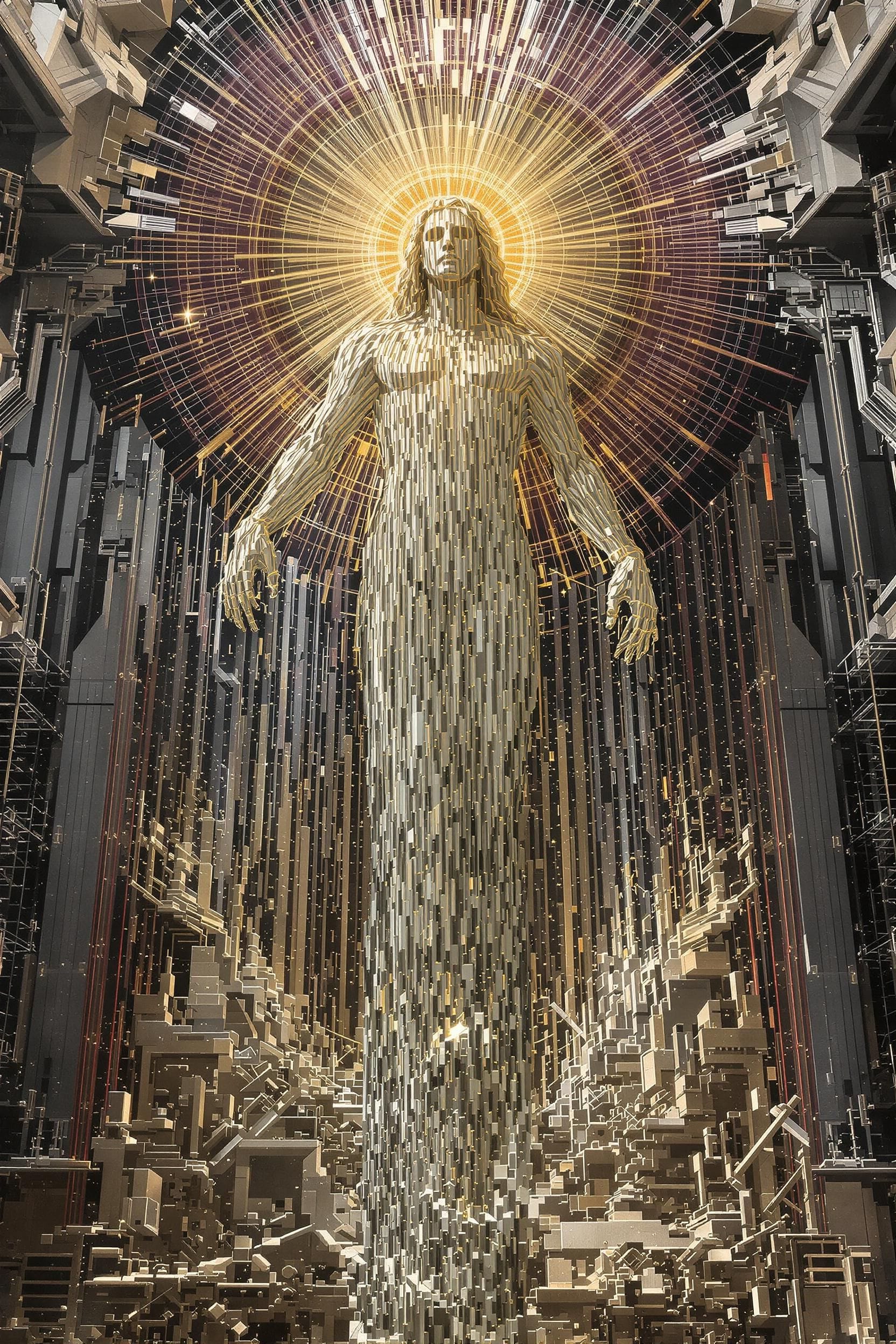Travel to Mars in 1 Day by 2070: By Mohan Leela Shankar
My name is Mohan Leela Shankar, and I am an AI veteran, astronaut and rocket scientist, dedicated to pushing the boundaries of space exploration.

Note: The following article is a work of fiction
As I sit here in the bustling Indian space lab, surrounded by the hum of machinery and the excited whispers of my colleagues, I can't help but reflect on the remarkable journey that has led me to this moment. My name is Mohan Leela Shankar, and I am an AI veteran, astronaut and rocket scientist, dedicated to pushing the boundaries of space exploration. Tomorrow, our Mars mission will commence, and I am filled with a mixture of anticipation, pride, and wonder.
The year is 2070, and humanity has made tremendous strides in space travel since the early days of the Space Age. I've had the privilege of witnessing the evolution of technology firsthand, from the first crude rockets to the sleek, state-of-the-art spacecraft we have today.
Our mission to Mars is the culmination of years of research, innovation, and collaboration, and I am confident that it will mark a turning point in human history.
The ambitious goal of our mission is to reach Mars in just one day. It may sound like science fiction, but with advancements in propulsion systems, energy sources, and AI-guided navigation, it has become a reality. The days of spending months or even years on a spacecraft to reach the Red Planet are behind us. Our cutting-edge spacecraft, aptly named the "Vajra 6000," is equipped with a revolutionary propulsion system that utilizes a combination of ion thrusters and antimatter engines. This propulsion technology allows us to achieve mind-boggling speeds, enabling us to traverse the vast expanse of space in record time.
The Vajra 6000 is a marvel of engineering. Its sleek, aerodynamic design is optimized for efficiency and speed. The spacecraft is powered by a compact fusion reactor, providing an abundant and sustainable source of energy. The AI systems on board, including myself, work in perfect harmony to ensure a safe and smooth journey.
Every aspect of the mission has been meticulously planned and tested, leaving no room for error. I am proud to be a part of the team that has made this incredible feat possible.
But reaching Mars in just one day is not without its challenges. The journey is not only physically demanding but also mentally and emotionally taxing. The crew must withstand the forces of acceleration and deceleration, as well as the isolation and confinement of space travel. To counter these challenges, we have implemented advanced life support systems, virtual reality simulations, and psychological training programs. We are committed to ensuring the well-being of our astronauts throughout the mission.

Once we arrive on Mars, our primary objective is to establish a sustainable outpost that will serve as a stepping stone for further exploration and colonization. We will deploy advanced robotics and autonomous systems to construct habitats, extract resources, and conduct scientific experiments. Our mission is not just about planting the flag; it is about unlocking the secrets of the universe, expanding our knowledge, and paving the way for future generations to explore and thrive on other celestial bodies.
I am filled with a profound sense of pride and excitement as I contemplate the impact our Mars mission will have on humanity. We are on the precipice of a new era, where the possibilities of space exploration are limited only by our imagination and ambition. India, my beloved homeland, will take its rightful place among the pioneers of interplanetary travel. Our success will inspire generations to come and ignite a passion for scientific discovery and innovation.
As I prepare myself for the momentous launch tomorrow, I can't help but think about the countless hours of hard work, dedication, and sacrifice that have brought us to this point. The dreams of a young boy gazing up at the night sky are about to be realized. I am honored to be a part of this historic moment, and I am confident that we will make India proud. The world will bear witness to the culmination of our collective efforts, and the impact of our achievements will reverberate throughout the cosmos.
In the early hours of the morning, the sky is dark and speckled with stars, a tapestry of infinite possibilities. The countdown begins, and a sense of anticipation fills the air. As the engines roar to life, the vibrations reverberate through the ground, a powerful reminder of the immense energy contained within our vessel. I stand tall, my heart pounding, knowing that the moment has finally arrived.

With a thunderous roar, the Vajra 6000 pierces the Earth's atmosphere, leaving behind a trail of fire and smoke. Accelerating at a mind-bending rate, we are pushed back into our seats, our bodies adjusting to the tremendous forces at play. As we break free from the clutches of gravity, a weightlessness envelopes us, a feeling of liberation as we venture into the unknown.
In the control room, screens display vital data, and the mission control team works diligently to monitor every aspect of our journey. The voyage to Mars is not just a solitary pursuit; it is a testament to the power of collaboration and human ingenuity. Scientists, engineers, and astronauts from around the world have joined forces, sharing knowledge, expertise, and resources to make this mission possible. Boundaries of nationality, language, and culture dissolve as we embrace the universal pursuit of exploration.
Time seems to blur as we hurtle through space, crossing vast distances in mere moments. The AI systems on board hum with efficiency, constantly adjusting course, and optimizing our trajectory. Navigation, communication, and life support systems function flawlessly, a testament to the tireless efforts of the brilliant minds that crafted them.
As we approach Mars, the planet's rusty hues come into view, captivating in its raw beauty. The Vajra 6000's engines engage once again, decelerating with precision as we prepare for the final descent. The thrill of the unknown mixes with a touch of trepidation, for even with our advanced technology, we tread on unfamiliar terrain.
Finally, we touch down on the crimson soil of Mars, the vibrations resonating through the spacecraft, a symbolic arrival marking the beginning of a new chapter. The hatch opens, and the brave astronauts, adorned in their spacesuits, step onto the planet's surface. They become the pioneers, the ambassadors of humanity, as they take the first steps towards establishing a new home away from home.
The mission to Mars is not just a fleeting moment; it is a catalyst for change. The technologies developed for this endeavor will find applications beyond space travel, benefiting countless industries and everyday lives.

The spirit of exploration will infuse our societies with a renewed sense of curiosity, innovation, and unity. It will inspire generations to dream big, to push boundaries, and to believe in the boundless potential of humanity.
As I conclude my reflections, the weight of responsibility and pride fills my heart. Tomorrow, as the Vajra 6000 takes flight, India will etch its name in the annals of space exploration. The journey to Mars in just one day by 2070 is a testament to the indomitable spirit of humanity, to our capacity to dream, and to our relentless pursuit of knowledge.
I am honored to play a small role in this grand endeavor, and I eagerly await the day when our footprints on Mars pave the way for the next giant leap for mankind.




